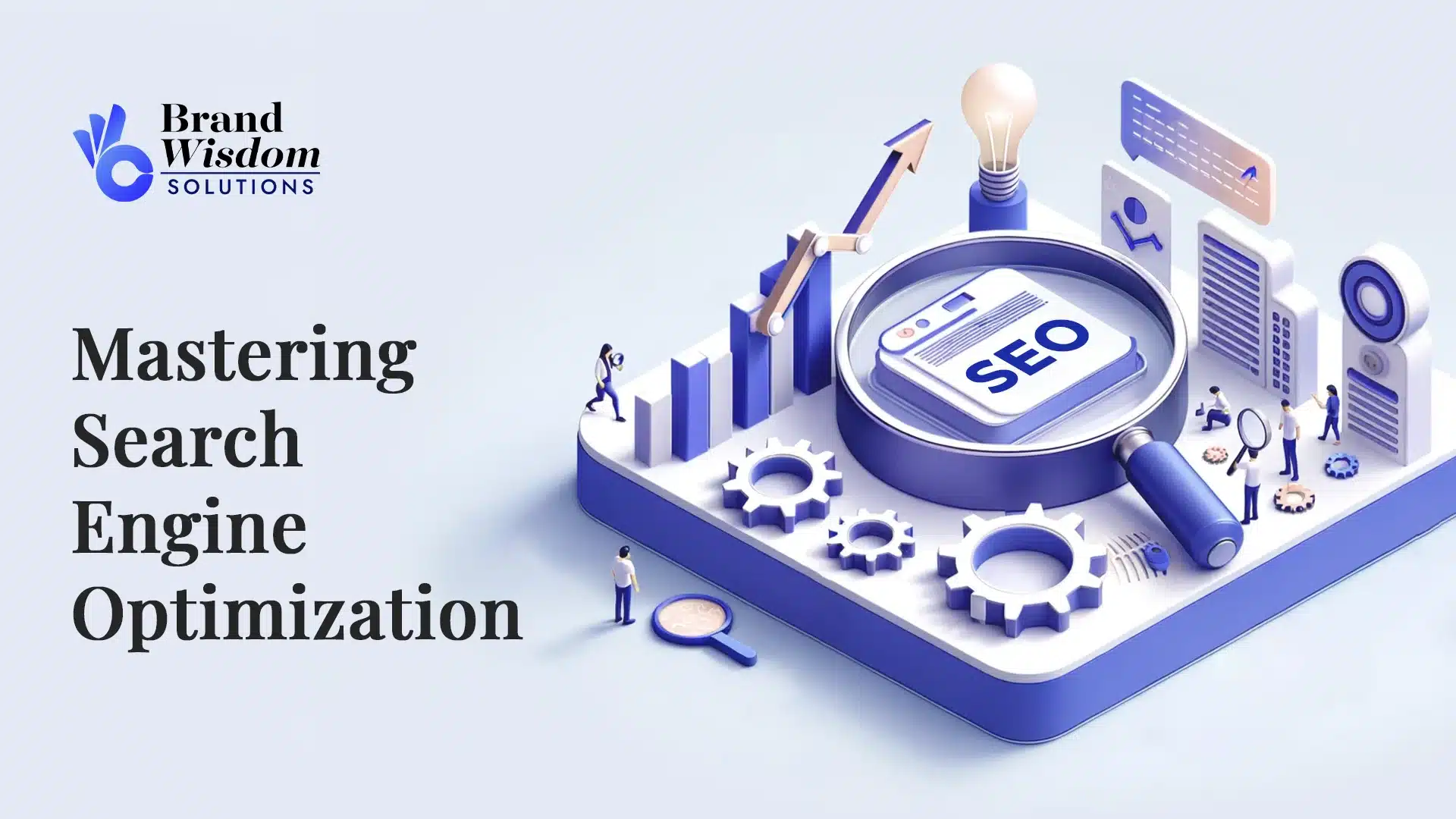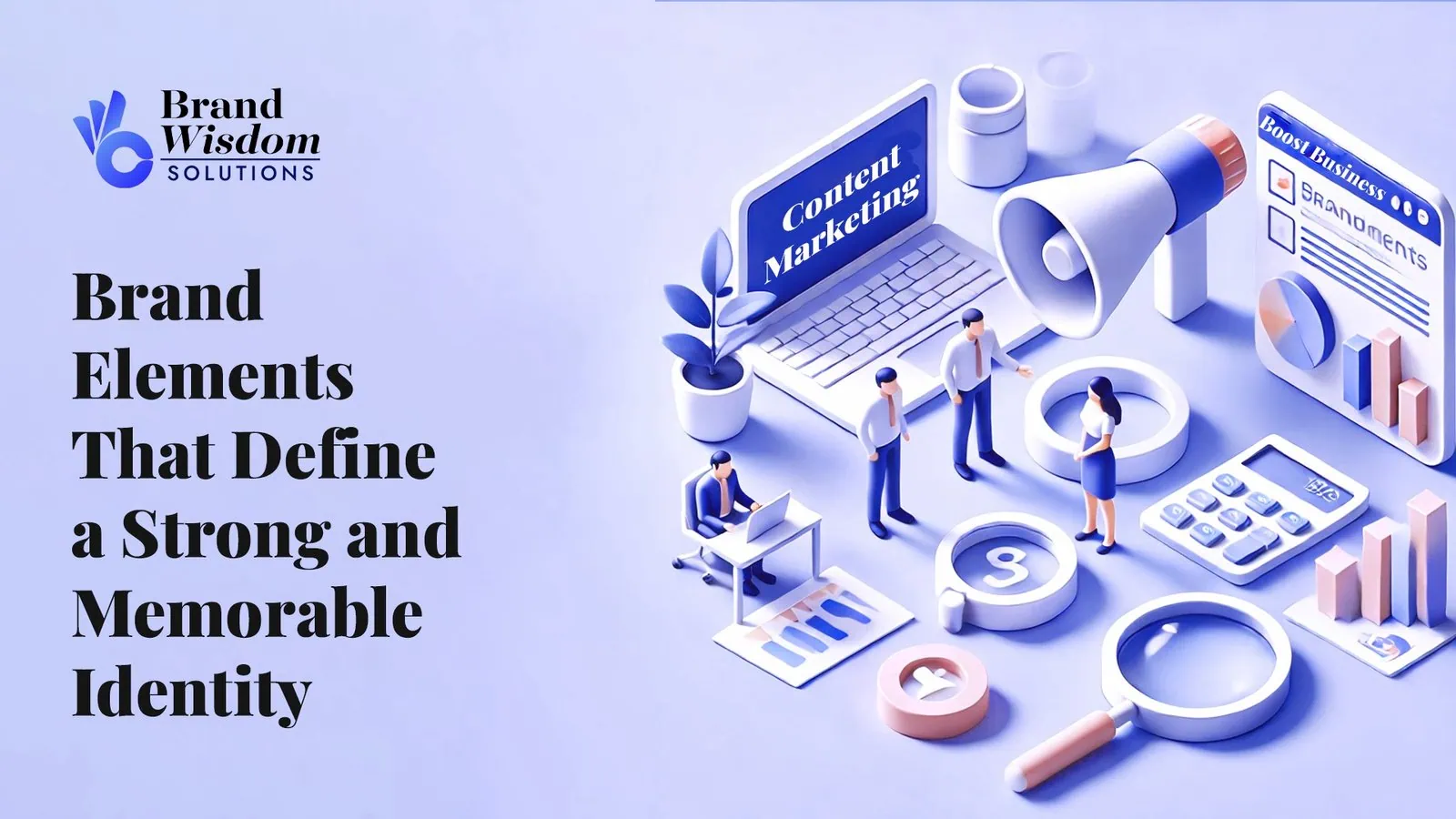Mastering search engine optimization is key to boosting your website’s visibility and driving organic traffic. From the basics of SEO to advanced techniques, this article outlines effective strategies that work in tandem with search engines to enhance your online presence. Dive in to discover actionable SEO insights that empower your web content to rank higher and reach its target audience more effectively.
Key Takeaways
- Keywords are central to SEO, yet quality content and backlinks are equally important for higher SERP rankings.
- On-page optimization, such as crafting effective meta descriptions and using heading tags properly, is essential for improving a website’s visibility and user engagement.
- Technical SEO, local SEO optimizations, and staying updated with search engine algorithm changes are critical for maintaining and enhancing a website’s search performance.
Understanding the Fundamentals of Search Engine Optimization

Search Engine Optimization (SEO) is the key to unlocking the potential of organic search. It’s about ensuring that search engines, major players being Google and Bing, understand your content and deem it worthy of higher rankings in search engine results pages (SERPs). But how do search engines work? How do search engines understand how they analyze and rank web pages? And where do keywords fit in this equation?
The Role of Keywords in SEO
Keywords form the backbone of SEO. They are the building blocks that connect search queries to relevant content. Keyword research plays a crucial role in this process. Imagine you own a wellness blog and you publish an article about the benefits of yoga without using the word ‘yoga’. How will search engines know what your content is about? How will users find your content when they search for ‘benefits of yoga’? Keywords bridge this gap. They tell search engines about your content and help them match it with relevant queries.
But remember, while keywords are important, they are not the sole determinant of your website’s ranking.
How Search Engines Analyze and Rank Web Pages
Let’s delve into the process by which search engines discover, analyze, and rank web pages. They use web crawlers, automated bots that systematically navigate the web, locate pages, and incorporate them into their index. This process allows search engines to analyze web pages by examining and indexing textual content, images, and video files present on each web page. The analysis is further guided by several factors like the quality of the content, domain age, URLs, and the influence of backlinks.
Therefore, providing value and credibility is as crucial as keyword inclusion in your content.
Crafting Content that Meets Search Intent

Mastering keywords and the workings of search engines only forms half of the equation. The other half lies in creating content that aligns with the users’ search intent. Search intent is the underlying purpose or intention driving a user’s online search. It can be categorized into the following types:
- Navigational: Users are looking for a specific website or webpage.
- Informational: Users are seeking information or answers to their questions.
- Transactional: Users are ready to make a purchase or engage in a specific action.
- Commercial investigation: Users are researching products or services before making a decision.
Understanding these distinct search intent types helps in creating content with relevant results that align with what users are specifically looking for.
Tailoring Content for Different Stages of the User Journey
Just like a physical journey, a user’s online journey comprises different stages, including awareness, consideration, decision, conversion, loyalty, and advocacy. Each stage has unique requirements and creating content that caters to these requirements can significantly enhance the user experience. For instance, in the decision stage, you can use demos, case studies, FAQs, product landing pages, reviews, and testimonials to influence conversion. The key is to understand the user’s needs at each stage and deliver content that meets those needs.
Balancing Quality and SEO in Content Creation
It’s vital when creating content to find an equilibrium between quality and SEO. High-quality content that is not optimized for search engines may not reach the right audience, while SEO-optimized content that lacks quality may fail to engage the audience. Search Engine Optimization (SEO) and content quality are two sides of the same coin.
Google, for instance, evaluates content quality for SEO by ensuring the indexing of important pages and assessing the content’s authority, expertise, and experience through Google Search and using tools like Google Search Console.
Enhancing Visibility Through On-Page Optimization

While crafting relevant, high-quality content is a critical part of SEO, it’s equally important to focus on on-page optimization – the practice of optimizing individual web pages to rank higher and earn more relevant traffic. This includes optimizing elements like meta descriptions, heading and meta tags themselves, and content structure.
Optimizing Meta Description Tags for Higher CTR
Meta description tags are HTML tags designed to provide a concise overview of a webpage’s content. They appear in search engine results pages (SERPs) and play a crucial role in ranking factors influencing the click-through rate of organic search results. By creating informative, keyword-rich meta descriptions that provide searchers with insights into a page’s content, you can increase the likelihood of users visiting your website.
Structuring Content with Effective Use of Heading Tags
Heading tags play a crucial role in establishing content structure and hierarchy, thereby enhancing user comprehension and facilitating search engine indexing. They range from H1 to H6, with H1 signifying the most significant and typically used for the site structure’s main title.
Using heading tags effectively can improve the overall SEO efficacy of a webpage.
Building Authority with Off-Page SEO Tactics

Off-page SEO holds equal importance as on-page SEO. It involves activities that take place outside your website but affect your rankings within search engine results pages (SERPs). Key off-page SEO tactics include link-building and social media marketing. Both these tactics help in establishing your website’s recognition and domain authority.
Link Building: Earning Quality Backlinks
Link building involves acquiring backlinks from other websites to your own site, as well as optimizing internal and external links within your site. These backlinks, especially from high-authority sites, can enhance the perceived authority of a page to search engines like Google, potentially leading to higher rankings. However, earning high-quality backlinks requires strategy and effort – from replicating competitors’ best backlinks to building backlinks with influencers.
Leveraging Social Media Marketing for SEO
Social media marketing is another off-page SEO tactic that can significantly contribute to your SEO efforts. By enhancing brand visibility, fostering customer interaction, and creating valuable backlinks, social media platforms like:
Incorporating search engine marketing from other sites can augment your Search Engine Optimization (SEO) strategy.
Technical SEO: Ensuring Your Site Meets Search Engine Requirements

Technical SEO entails making certain that your website conforms to the technical standards of contemporary search engines, thereby enhancing organic rankings. From optimizing your site’s speed and mobile-friendliness to ensuring crawlability and indexability, technical SEO covers a wide range of optimization areas.
Improving Site Security and Performance
A secure and high-performing website not only provides a better user experience but also gets a thumbs up from major search engines. Site security, for instance, can enhance user safety, signal to Google for potential ranking influence, and minimize the risk of hacking.
Similarly, a high-performing website with a fast load time can significantly improve user experience and SEO rankings.
Mobile Optimization: Catering to the Mobile-First Indexing
With more and more users accessing the internet through their mobile devices, mobile optimization has become crucial for SEO. Google’s mobile-first indexing gives priority to the mobile version of webpages for ranking and indexing. This means that a website that is not optimized for mobile devices may not perform well in the search engine results page rankings.
Local SEO Strategies for Businesses
Local SEO utilizes a strategic approach that centers on enhancing a business’s online visibility to garner more local clientele. This is achieved by:
- Improving the visibility of the business in local search results on Google and other search engines
- Optimizing Google Business and Apple Business Connect profile listings
- Analyzing local Search Engine Optimization (SEO) buying signals
Local SEO strategies can significantly enhance your business visibility in local search results.
Claiming and Optimizing Local Business Listings
Claiming and optimizing local business listings can significantly increase your online presence and attract more local customers. Whether it’s Google, Yelp, Bing, or any other local business listing site, it’s important to claim your listing and ensure that all your business information is accurate and up-to-date.
Utilizing SEO Tools for Enhanced Strategy
SEO tools like Google Analytics, Google Keyword Planner, and SEMrush offer insightful data regarding your website’s traffic and performance. These tools can help you track key performance indicators, identify trends, and make data-driven decisions to improve your Search Engine Optimization (SEO) strategy.
Google Analytics: Tracking and Understanding Traffic
Google Analytics is a powerful tool that can help you understand your website traffic. It provides detailed statistics about a website’s traffic, including:
- Traffic sources
- Measures conversions and sales
- How visitors find your site
- How they navigate through it
- How they become customers
This information can then be used by website owners to optimize your website and improve user experience.
Measuring the Impact of Your SEO Efforts
Implementing your SEO strategy doesn’t signify the end of work. Assessing the impact of your SEO endeavors is crucial to ascertain the effectiveness of your strategy. This can be done by tracking key performance indicators (KPIs) such as:
- Organic traffic
- Keyword rankings
- Click-through rate (CTR)
- Average page load time
Remember, SEO is a long-term game, and results usually become noticeable after three to six months.
Navigating the Evolving Landscape of Search Engine Algorithms
Similar to technology, search engine algorithms undergo continuous evolution. Google, for instance, updates its search algorithm multiple times a year, with notable changes denoted as core updates. Staying up-to-date with these updates and adjusting your SEO strategy accordingly can help you maintain and improve your website’s rankings.
Why Choose Brand Wisdom Solutions for Your SEO Needs
Though the journey through the SEO world may seem intimidating, remember, that you need not tread it alone. Brand Wisdom Solutions can help you conquer the SEO landscape and achieve your business goals with:
- Expertise in tailored SEO strategies
- Proven track record of enhancing brand visibility
- Comprehensive approach to digital marketing and SEO
- Client-centric solutions
Why try to figure it all out yourself when you can have experts by your side?
Summary
In conclusion, SEO is a strategic approach that involves a range of tactics, from a keyword research tool and content creation to link building and technical optimization. It’s about understanding the search intent of users, creating content that meets that intent, and optimizing your website to achieve higher rankings in search engine results. With the right SEO strategy and the help of Brand Wisdom Solutions, you can enhance your online presence, attract more organic traffic, and drive business growth.
Frequently Asked Questions
What is Search Engine Optimization (SEO) and how does it works?
SEO stands for “search engine optimization” and it involves improving your website to make it more visible in search engine results pages when people search for products or services related to your business. This is done through various tactics such as optimizing content and building quality backlinks.
What are the four types of SEO?
The four types of Search Engine Optimization are on-page SEO, off-page SEO, local SEO, and technical SEO. These types are essential for optimizing your website and improving its visibility.
What is an example of SEO?
An example of Search Engine Optimization is crafting content with search intent in mind, such as creating commercial-focused content for keywords like “best DSLR cameras.” Another example is optimizing your Google Business Profile to target keywords that enhance local SEO.
What is the role of keywords in SEO?
Keywords are vital in SEO as they act as the link between a user’s search query and the content on a website, aiding search engines in understanding and matching relevant keywords with content.
What is off-page SEO and how can it help my business?
Off-page SEO involves activities that take place outside your website but affect your rankings within search engine results pages (SERPs). It can help your business establish recognition and authority, ultimately leading to higher rankings in SERPs.





